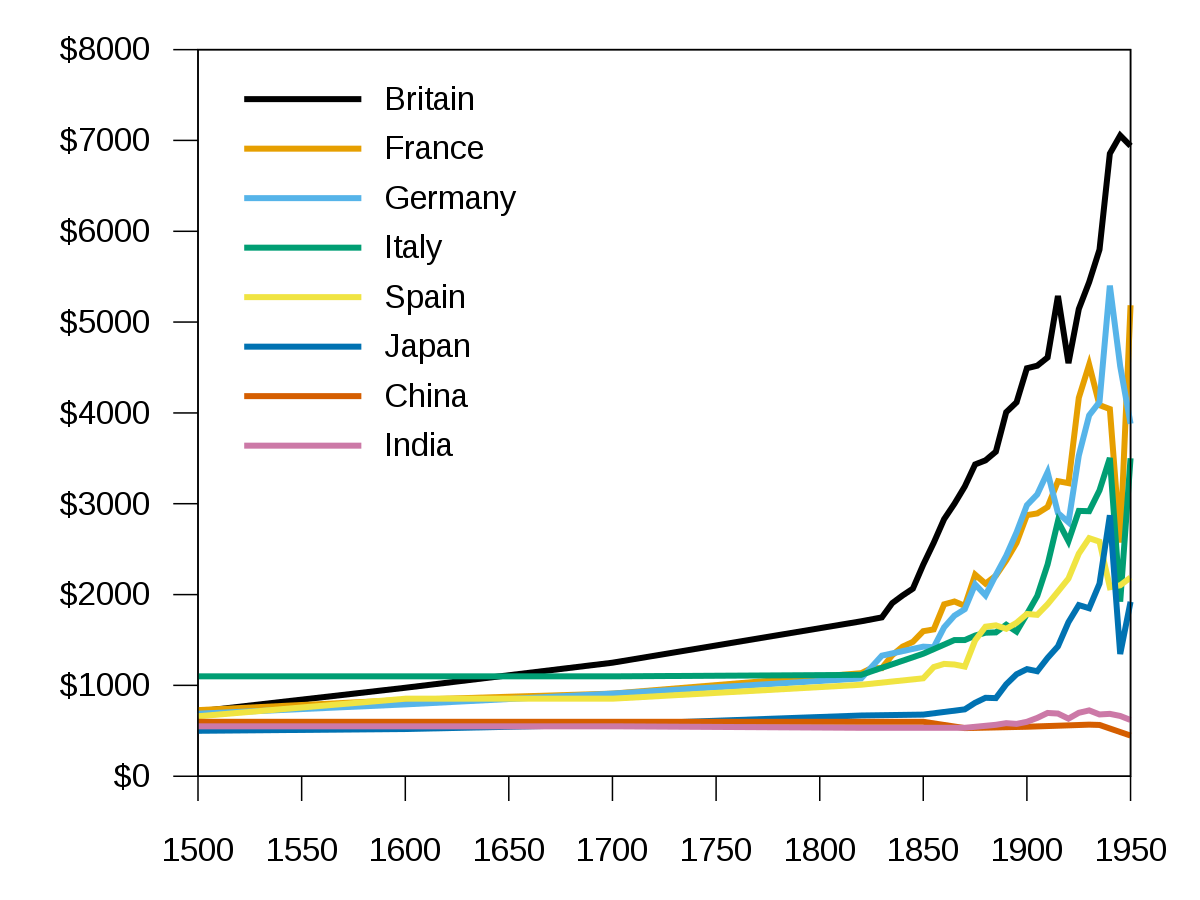After 1867 many Czechs argued that the lands of the Crown of St. Wenceslaus, a martyred prince of Bohemia (d. 929), possessed rights comparable to those that the Magyars had successfully claimed for the lands of the Crown of St. Stephen (c. 975-1038), who had been crowned as first king of Hungary in 1001.
But the Czechs never had the power or the opportunity that the Magyars had to bring pressure on the Austrians, although Czech deputies boycotted the Austrian parliament in the hope that Francis Joseph would consent to become king of Bohemia in Prague, as he had become king of Hungary in Budapest.
In 1871 the emperor did indeed offer to be crowned as king of Bohemia. The Bohemian Diet, from which all Germans had withdrawn, drew up proposals that would have produced a triple instead of a dual monarchy. The rage of Austrian and Bohemian Germans, the opposition of Magyar politicians, and a Slavic uprising in southern Austria forced Francis Joseph to change his mind. Deeply disappointed, the Czech nationalist leaders turned to passive resistance.
By 1879, when the Czech deputies finally returned to the Vienna parliament, they were divided into moderate “old Czechs” and radical “young Czechs.” In the 1880s and 1890s each time the Czechs won cultural or political gains, the German extremists bitterly opposed them, strengthening the Czech extremists and weakening the moderates.
A law requiring all judges in Czech lands to conduct trials in the language of the petitioner led to the development of an experienced body of Czech civil servants, since many Czechs knew German already, while Germans usually had to learn Czech. In 1890 the government and the old Czechs tentatively agreed on an administrative division of Bohemia between Germans and Czechs, but the young Czechs rioted in the Bohemian Diet, and Prague was put under martial law, which lasted until 1897.
When a new law was passed requiring that all civil servants in the Czech lands be bilingual after 1901, the Germans in the Vienna parliament forced out the ministry, while Czech extremists began to talk ominously about a future Russian-led Slavic showdown with the Germans. No Austrian parliament could stay in session, and government had to be conducted by decree.
Under the stress of prolonged agitation and influenced by the apparent triumph of constitutionalism in Russia, Francis Joseph finally decided to reform the franchise. In 1907 all male citizens of the Austrian lands were enfranchised and could vote for deputies of their own nationality. Of the 516 deputies in the new parliament, 233 would be German and 107 Czech, a figure nearly proportional to the census figures, since Czechs constituted 23 percent of the Austrian population.
Yet in 1913 the Bohemian Diet was dissolved, and in 1914 Czech deputies in the Austrian parliament refused to allow national business to proceed. Thus World War I began with both parliament and the Bohemian Diet dissolved and with the emperor and ministers ruling by themselves. Perhaps chief among the many causes for this general parliamentary breakdown was the failure to give the Czech provinces the full internal self-government they had vainly sought since 1867.
Czech nationalism was fostered by an active Czech- language press, by patriotic societies, by Czech schools, and by the sokols (hawks), a physical-training society with strong nationalist leanings. At the ancient Prague University, Czech scholars supported the idea of a separate national identity. Perhaps the most influential was Thomas Masaryk (1850-1937), professor of philosophy and student of Slavic culture, who deeply influenced generations of students and upheld democratic ideals in politics. He inspired poets and novelists to write of a glorified national past for a popular audience, and from 1907 he formally led the Czech independence party. In 1918 Masaryk would become president of the new nation.
Of all the minority nationalities in the dual monarchy, the Czechs were in the best position to exercise independence. Substantial in population, with a high percentage of artisans skilled in the porcelain, glassware, lace, Pilsen beer, and sugar beet industries, and with a thriving tourist trade that gave them access to the broader world, the Czechs also were at the center of growing heavy industry.
Of all the minorities in Austria, the Poles (18 percent of the population) were the least overtly discontented. Most of them lived in Galicia, where they formed the landlord class. Like the Czechs, the Galician Poles asked for provincial self-government on the Magyar model and were denied. But they had their own schools, and Polish was the language of administration and the courts. The Poles enjoyed favorable financial arrangements, and after 1871 there was a special ministry for Galicia in Vienna.
The contrast between this relatively nondiscriminatory treatment of Poles in Austria and the brutality suffered by Poles living in Prussian and Russian Poland led Poles everywhere to look to Austrian Galicia as the center of national life and culture. Polish refugees took refuge in the cities of Kracow and Lemberg (later, Lvov). Here were splendid Polish universities and opportunities to serve the Habsburg Crown in the provincial administration.
The universities trained generations of Poles who would be available later for service in independent Poland. Polish literature and the study of Polish history flourished. Slowly, industrialization began, and a promising petroleum industry was launched. Only the Ruthenians (Ukrainians) and the Jews suffered systematic discrimination and hardship.
The other minorities in Austria were far less numerous: In 1910 less than 3 percent of the population was Italian; about 4.5 percent was Slovene; and less than 3 percent was Serb and Croat. The Italians of the south Tyrol and Istria were far more important than their numbers suggest, however.
Of all the Austrian minorities, the Italians proved to be the most anxious to get out of the Habsburg monarchy altogether. Both Serbs and Croats in Austria were divided; some preferred autonomy within the empire, and others hoped one day to join a south Slav state.

